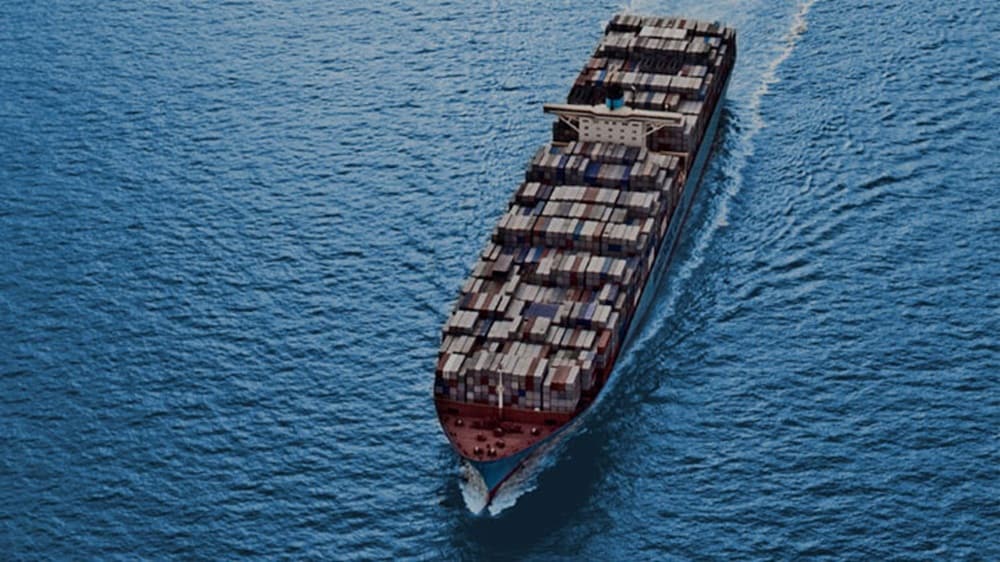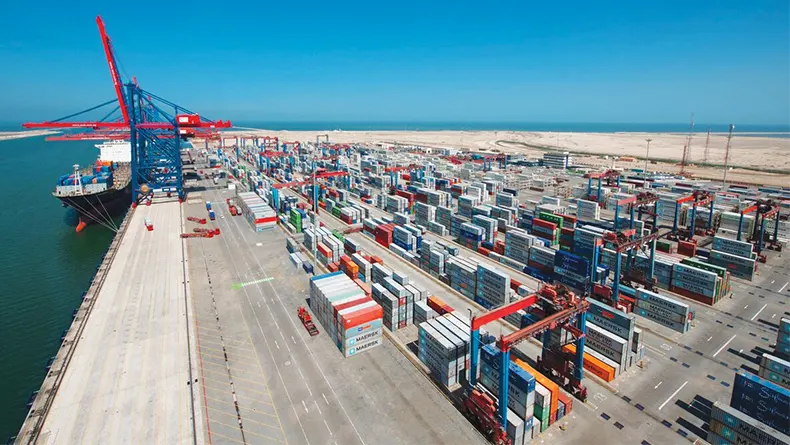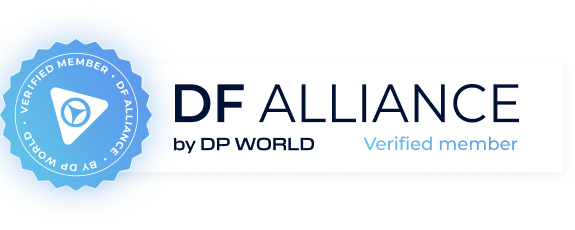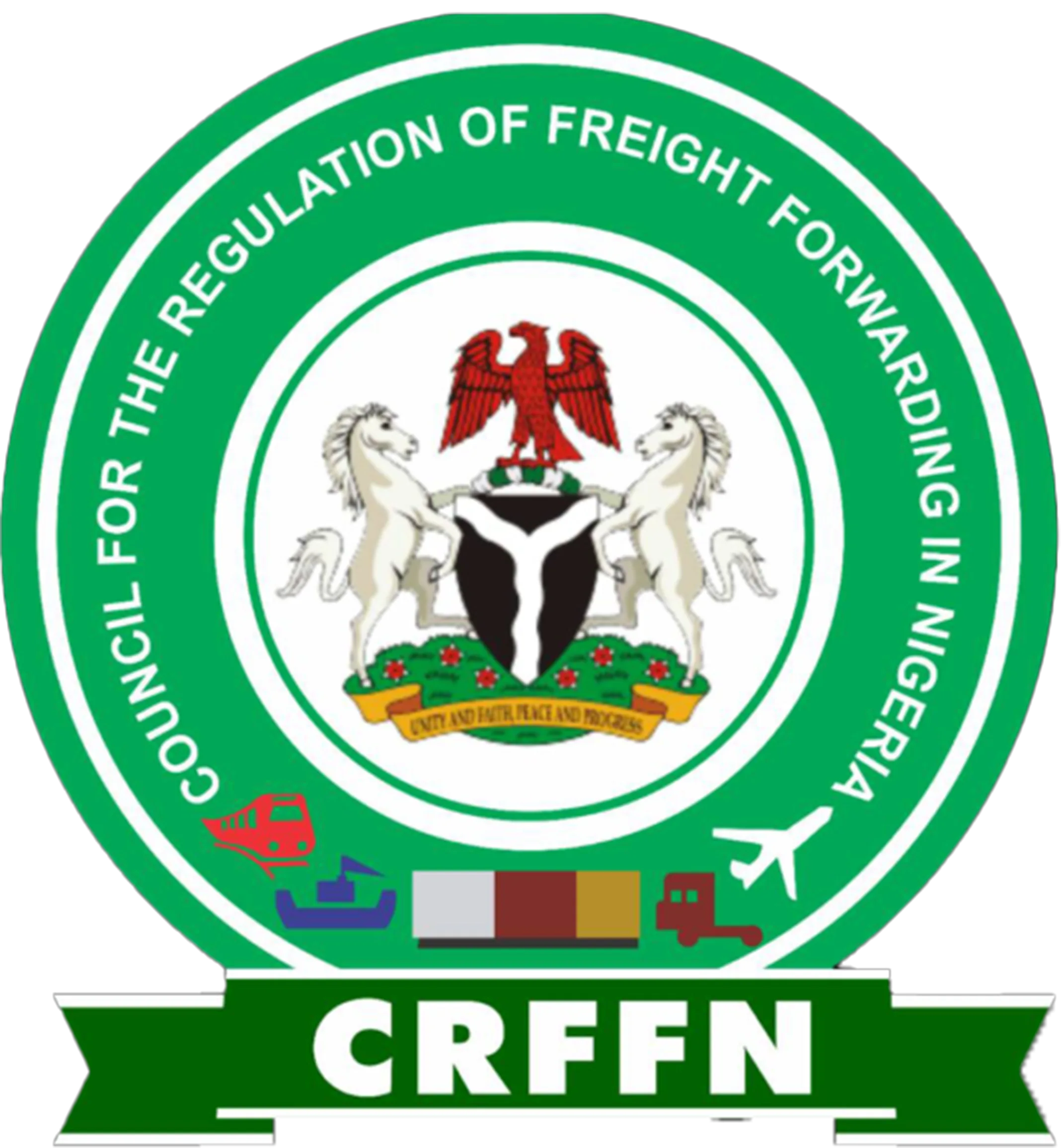Shipping to and from Ivory Coast
We have been connecting Ivorian businesses across Africa and beyond for many years.
Limark has been helping businesses ship cargo to and from the Ivory Coast, facilitating growth and integration into global markets through efficient and reliable logistics solutions. Leveraging our deep understanding of Ivory Coast’s trade landscape and regulatory environment, we offer end-to-end services tailored to your specific needs.
Whether you’re exporting Ivory Coast’s renowned cocoa, coffee, or cashew nuts, or importing essential goods and equipment, our extensive network and strategic partnerships ensure seamless and secure movement of your cargo across borders.

Import regulations
Importing goods to Ivory Coast requires navigating specific procedures and documentation. Here’s a breakdown of the essential requirements:
Product categories requiring import licenses/permits
Food and agricultural products
- Imports of meat, dairy products, fish, grains, fruits, and vegetables require import permits and/or phytosanitary/health certificates from the Ministry of Agriculture and Rural Development (MINADER).
- Specific licenses are required for certain products like rice, sugar, and wheat flour.
Pharmaceuticals and medical devices
- The Ministry of Health and Public Hygiene (MSHP) regulates the import of pharmaceuticals and medical devices.
- A Marketing Authorization (AMM) from the National Pharmaceutical Regulatory Authority (ANRP) is required for all medicines.
- Medical devices must comply with relevant technical standards and be registered with the MSHP.
Chemicals and hazardous materials
- The Ministry of Environment and Sustainable Development (MINEDD) regulates the import of chemicals and hazardous materials.
- Import permits are required, and detailed safety data sheets (SDS) must be submitted.
- Strict adherence to packaging, labeling, and transportation regulations is essential.
Used vehicles and spare parts
- The Ministry of Transport regulates the import of used vehicles.
- Import permits are required, and age restrictions apply (usually no older than 5 years).
- Pre-shipment inspection and conformity to Ivorian standards may be required.
Textiles and apparel
- The Ministry of Commerce and Industry regulates the import of textiles and apparel
- Import permits may be required, and specific labeling and quality standards apply
Other regulated products
- Additional import licenses or permits may be required for specific products like:
- Telecommunication equipment (requires type approval from the Regulatory Authority for Telecommunications/TIC – ARTCI)
- Explosives (requires a permit from the Ministry of Defense)
- Firearms and ammunition (require permits from the Ministry of Interior and Security)
Prohibited and restricted imports
Prohibited
- Narcotic drugs and psychotropic substances
- Pornographic and obscene materials
- Counterfeit and pirated goods
- Hazardous waste (Basel Convention)
- Ozone-depleting substances (Montreal Protocol)
- Toxic chemicals not approved by MINEDD
- Weapons and ammunition (except with authorization)
Restricted (require special permits)
- Live animals and animal products (require health certificates)
- Plants and plant products (require phytosanitary certificates)
- Alcohol and tobacco products (subject to high excise taxes)
- Used clothing and footwear
- Right-hand drive vehicles (except for special purposes)
- Radioactive materials
- Endangered species and products (CITES permits required)
Relevant agencies
- Ivorian Customs (Douanes Ivoiriennes)
- Ministry of Commerce and Industry
- Ministry of Agriculture and Rural Development (MINADER)
- Ministry of Health and Public Hygiene (MSHP)
- Ministry of Environment and Sustainable Development (MINEDD)
- Ministry of Transport
- National Pharmaceutical Regulatory Authority (ANRP)
- Regulatory Authority for Telecommunications/TIC (ARTCI)
Free Time
- Typically, 5 days for general cargo and 10 days for containerized cargo after discharge.
- Varies depending on the shipping line and port (usually Abidjan or San Pedro).
Demurrage charges
- Applied when the free time is exceeded at the port.
- Calculated per container, per day.
- Rates vary depending on the shipping line, container size, and time elapsed.
Detention charges
- Applied when the container is held beyond the agreed-upon time for return to the shipping line after being picked up from the port
- Separate from demurrage charges
- Rates vary depending on the shipping line and container size
Storage limitations
- Port terminals have limited storage capacity
- Containers not cleared within the allowed time are moved to an off-dock depot at the importer’s expense
Calculation methods
Demurrage and detention charges are calculated based on calendar days, including weekends and public holidays.
Commercial Invoice
- A detailed description of goods (including HS codes)
- Quantity, weight, and unit price of goods
- Total invoice value (in USD or XOF)
- Incoterms (International Commercial Terms)
- Payment terms
- Consignee and consignor details
Packing List
- Detailed list of all items in each package
- Description, quantity, weight, and dimensions of each item
- Package markings and numbers
Bill of Lading/Airway Bill
- Evidence of the contract of carriage between the shipper and carrier
- Details of the shipment, including the consignee, consignor, and port of loading/discharge
Certificate of Origin
- Declares the origin of the goods
- Issued by the Chamber of Commerce in the exporting country
- May be required for preferential tariff treatment under trade agreements (e.g., ECOWAS)
Import Declaration Form (IDF)
- Submitted through the Webb Fontaine electronic platform.
- Requires detailed information about the shipment and importer.
- Import License/Permit (for regulated goods):
- Issued by the relevant government agency
Other Certificates
- Phytosanitary certificate (for plants and plant products)
- Health certificate (for animals and animal products)
- Certificate of analysis (for chemicals and food products)
- CITES permit (for endangered species)
Import licenses and permits
- Identify the Regulating Agency: Determine the specific ministry or agency responsible for your goods based on the product category.
- Gather required documents:
- Proforma invoice or commercial contract
- Technical specifications and data sheets (if applicable)
- Certificates of origin, analysis, quality, etc.
- Business registration documents (for companies)
- Taxpayer identification number (TIN)
- Submit Application:
- Complete the import permit application form
- Submit the application along with required documents and fees to the relevant agency
- Applications are typically submitted online or in person
- Processing and approval:
- The application will be reviewed and processed by the agency
- Processing times vary but can take several weeks
- If approved, the import permit will be issued
- Validity and Renewal:
- Validity periods vary depending on the product and agency.
- Renewal procedures involve submitting a new application with updated documents before the expiry date.
- Costs:
- Import permit fees vary depending on the product and agency.
- Additional costs may include inspection fees and testing fees.
Clearance procedures
-
Pre-shipment Inspection (PSI)
- Mandatory for most commercial shipments valued over XOF 1,000,000 (approx. USD 1,700).
- Conducted by Bureau Veritas (BIVAC) or COTECNA in the country of origin.
- Verifies the quality, quantity, price, and customs classification of goods.
-
Arrival and Unloading
- Vessel or aircraft arrives at the port or airport
- Cargo is unloaded and placed in customs control
-
Document Lodgement and Declaration
- Importer or their agent lodges import documents (IDF, commercial invoice, packing list, bill of lading, etc.) with customs.
- Electronic declaration is submitted through the Webb Fontaine electronic platform.
-
Assessment and Payment
- Customs verifies the documents and assesses import duties, taxes, and fees.
- Payment is made through a local bank.
-
Inspection (if required)
- Customs may select shipments for physical inspection based on risk assessment.
-
Release of Goods
- If the shipment complies with all regulations and requirements, and duties/taxes are paid, customs releases the goods.
Port/Terminal operations
Major Seaports
- Port of Abidjan: The largest and busiest port, handling containerized, bulk, and general cargo.
- Port of San Pedro: The second-largest port, also handling various types of cargo.
Air Cargo Hub
Félix-Houphouët-Boigny International Airport (Abidjan): The main airport for air cargo imports.
Cut-off dates
- Vary depending on the shipping line and destination.
- Confirm with your shipping agent or freight forwarder well in advance.
Documentation requirements at terminals
- Ensure all required documents are submitted electronically through the Webb Fontaine platform before the shipment arrives.
- Original documents may be required for verification at the terminal.
- Container Pickup/Drop-off and StorageHere is the rest of the text with asterisks:
- Coordinate with your shipping agent or freight forwarder for container pickup and drop-off procedures.
- Be aware of free time limitations and potential demurrage/detention charges.
Disclaimer: This information is based on the latest available data and may be subject to change. Always consult with relevant authorities and experts for the most up-to-date and accurate information.
Export regulations
Get a detailed guide that provides an in-depth look into every aspect of the export process to ensure your goods are shipped efficiently and in compliance with all legal standards.
Product Categories Requiring Export Licenses/Permits
Cocoa
Ivory Coast is the world’s leading cocoa producer, and cocoa bean exports are regulated by the Coffee and Cocoa Regulatory Authority (Conseil du Café-Cacao). Exporters must be registered with the Authority and obtain an export license for each shipment.
Strict quality standards and traceability requirements apply to ensure the quality and origin of cocoa beans.
Cashew Nuts
As a significant cashew nut producer, Ivory Coast requires exporters to obtain licenses from the Cotton and Cashew Council (Conseil Coton Anacarde).
Quality standards and certifications are essential for accessing international markets.
Coffee
Coffee exports are also regulated by the Coffee and Cocoa Regulatory Authority, and exporters must obtain licenses and comply with quality standards.
Timber and Wood Products
- The Ministry of Water and Forests (MINEF) regulates the export of timber and wood products to ensure sustainable forestry practices.
- Exporters must obtain export permits and provide proof of legal origin through the timber traceability system.
- Specific permits are required for endangered tree species under the Convention on International Trade in Endangered Species (CITES).
Other Regulated Products
Export licenses or permits may also be required for other products, including:
- Crude Oil and Petroleum Products: Regulated by the Ministry of Mines, Petroleum, and Energy.
- Cotton: Regulated by the Cotton and Cashew Council.
- Art and Cultural Artifacts: Regulated by the Ministry of Culture and Francophonie.
- Rubber and Palm Oil: Regulated by the relevant commodity boards.
Prohibited and restricted exports
Prohibited
- Narcotic drugs and psychotropic substances
- Pornographic and obscene materials
- Counterfeit and pirated goods
- Hazardous waste (Basel Convention)
- Ozone-depleting substances (Montreal Protocol)
- Unprocessed diamonds (Kimberley Process Certification Scheme)
- Weapons and ammunition (except with authorization)
Restricted (require special permits)
- Endangered species and products (CITES permits)
- Live animals and animal products (require health certificates)
- Plants and plant products (require phytosanitary certificates)
- Certain minerals and metals (may require export permits)
- Unprocessed agricultural products (to promote local value addition)
Required documents
Commercial Invoice: Detailed description of goods (including HS codes), quantity, weight, value (in USD or XOF), Incoterms, payment terms, and complete details of the consignee and consignor.
Packing List: Itemized list of goods in each package, including description, quantity, weight, dimensions, and package markings.
Bill of Lading/Airway Bill: Evidence of the contract of carriage between the shipper and carrier, with details of the shipment, consignee, consignor, and port of loading/discharge.
Certificate of Origin: Issued by the Chamber of Commerce and Industry of Côte d’Ivoire (CCI-CI), declaring the origin of the goods. It may be required for preferential tariff treatment under trade agreements (e.g., ECOWAS).
Export Declaration (DEX): Electronic declaration submitted through the Guichet Unique du Commerce Extérieur (GUCE) platform, providing detailed information about the shipment.
Export License/Permit (if applicable): Issued by the relevant government agency.
Export declaration process (through GUCE)
- Register as an exporter on the GUCE platform.
- Prepare and submit the DEX electronically through GUCE.
- Customs verifies the declaration and supporting documents.
- If compliant, customs approves the export and issues an export authorization.
Required Export Certificates
- Phytosanitary Certificate (for plants and plant products): Issued by the DPV.
- Health Certificate (for live animals and animal products): Issued by the DVS.
- Certificate of Analysis: May be required for specific products like cocoa and coffee to confirm quality and safety standards.
- CITES Permit (for endangered species): Issued by the Ministry of Water and Forests (MINEF).
- Kimberley Process Certificate (for rough diamonds): Issued by the Ministry of Mines and Petroleum.
Major Seaports
- Port of Abidjan: The largest and busiest port, handling containerized, bulk, and general cargo. It is a major regional hub with modern facilities and efficient cargo-handling services.
- Port of San Pedro: The second-largest port, also handling various types of cargo, including cocoa and timber.
Air cargo hub
Félix-Houphouët-Boigny International Airport (Abidjan): The main airport for air cargo exports, with dedicated cargo terminals and handling facilities.
Cut-off Times and procedures
- Vary depending on the shipping line or airline and destination.
- Confirm with your shipping agent or freight forwarder well in advance.
- Procedures typically include document submission through GUCE, customs clearance, security screening, and cargo loading.
Container Storage and Free Time
- Both ports offer container storage facilities.
- Free time for storage varies depending on the shipping line and the type of cargo, typically ranging from 3 to 7 days.
- Storage fees apply after the free time expires.
Returning empty containers
- Coordinate with your shipping line or agent to return empty containers to the designated depot.
- Failure to return containers on time may result in detention charges.
Duties, taxes, and fees
Export Duties: Generally, Ivory Coast does not impose export duties on most goods. However, some specific products like cocoa and coffee may be subject to export taxes or levies.
Other Fees: Customs processing fees, document handling charges, terminal handling charges, storage fees (if applicable), and any specific taxes or levies related to the exported product.
Disclaimer: This information is based on the latest available data and may be subject to change. Always consult with relevant authorities and experts for the most up-to-date and accurate information.

Expertise You Can Trust
Seamless cross-border shipping to and from Ivory Coast
Ivory Coast’s trade regulations can be complex, but Limark is your trusted partner in navigating the complexities. Our in-depth knowledge of local laws and customs procedures ensures your shipments move seamlessly and efficiently, preventing costly delays and disruptions.
Our expanding presence in the Ivory Coast is a testament to our commitment to providing reliable and cost-effective shipping solutions. Our team of skilled local supply chain experts, coupled with our robust infrastructure and technology, ensures that your shipments are handled with utmost care and efficiency. Contact our team to request a quote, book, or learn more about our end-to-end solutions.
Get Expert Guidance
Contact our regional experts
Partner with experienced freight forwarders and customs brokers for seamless shipping to and from Ivory Coast. Ensure full documentation compliance with the guidance and logistics services of our team.
Sales enquiries
We’re happy to talk to you about your shipment needs anytime. Please get in touch with us.
Ready to ship?
Get your shipment moving faster. Request a quote today for our end-to-end supply chain services.
Other African Countries










